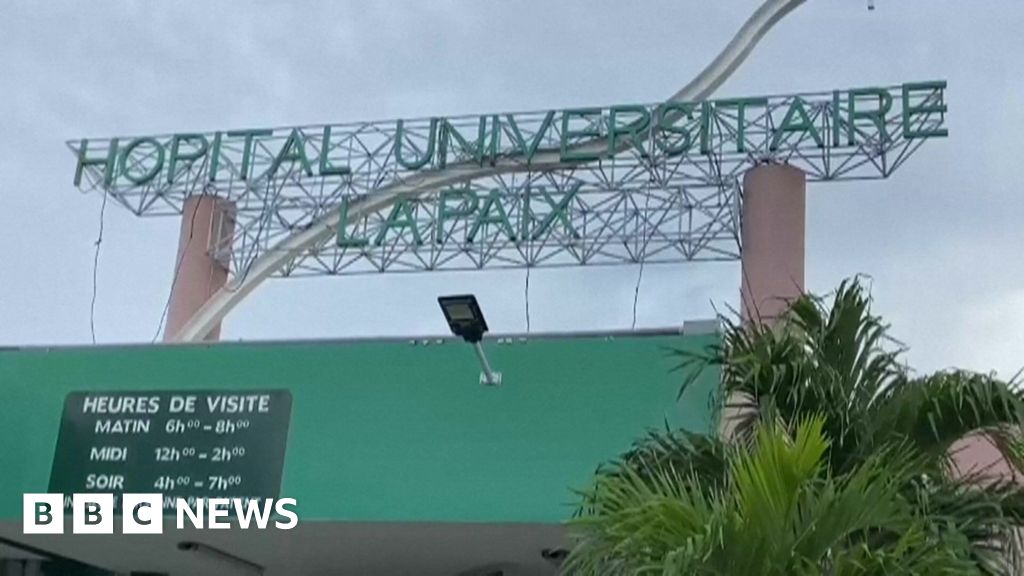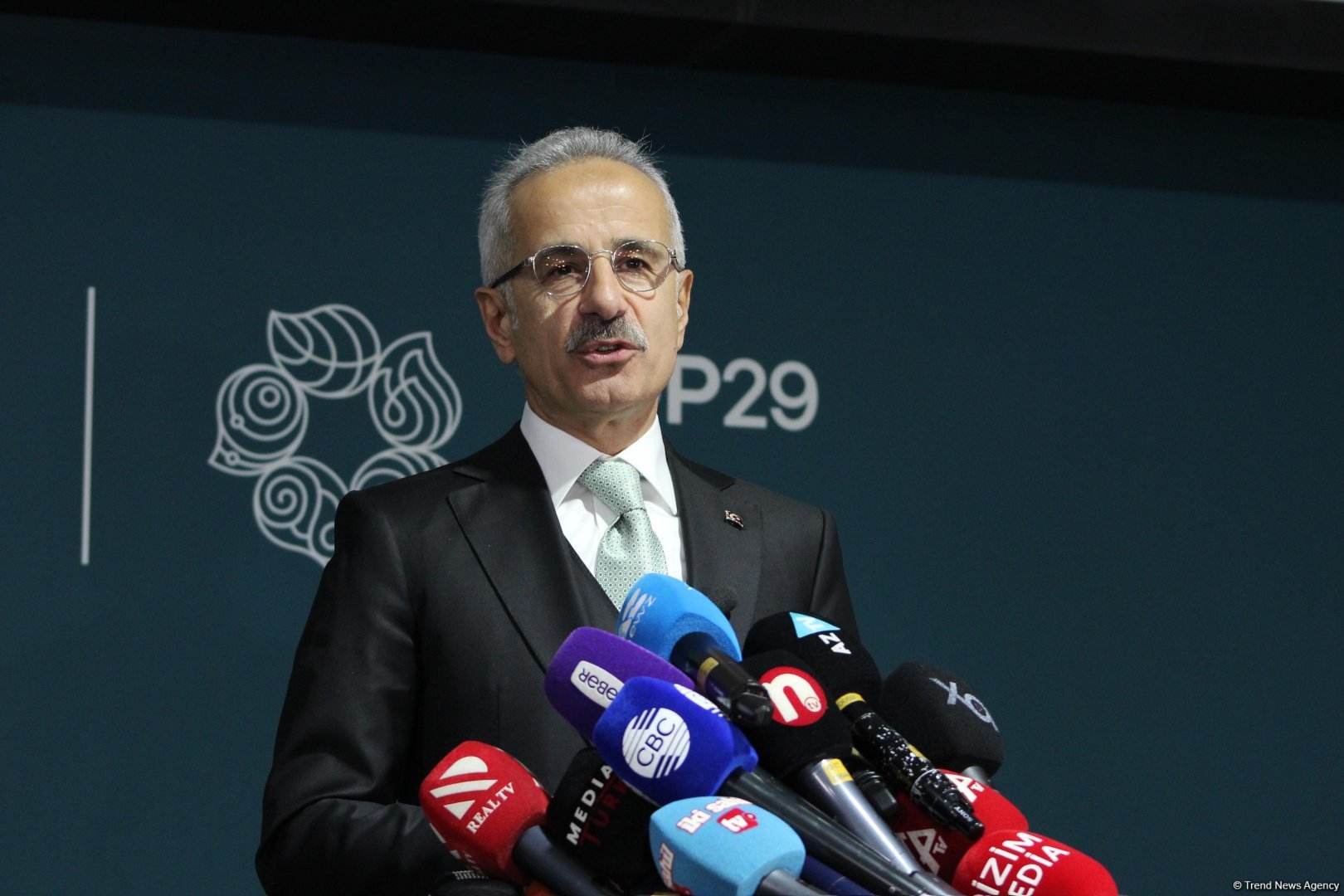A fact-checking expert, Lanre Olagunju, has urged the Federal Ministry of Health to proactively educate Nigerians ahead of the malaria vaccination programme to prevent disinformation that could undermine its success.
While discussing digital media and democracy on Channels Television, Olagunju cautioned against the unchecked spread of disinformation, which, he said, poses a serious threat to the country’s democracy and development.
The dialogue was part of the global conversation marking the United Nations Media and Information Literacy Week, observed during the last week of October.
Emphasising the dangers of fake news, he added that disinformation can damage public trust and fuel tensions, underscoring that misinformation often follows predictable patterns and exploits people’s biases. Olagunju reminds the Federal Government of the devastating consequence of disinformation in Nigeria’s health sector.
He cited the 2003 polio vaccine boycott in Kano, Zamfara, and Kaduna, where misleading claims alleged that Western “evildoers” had contaminated polio vaccines with harmful agents like anti-fertility drugs, HIV, and cancer-causing substances.
As a result, many women refused to vaccinate their children, leading to a 30 per cent spike in polio cases. To prevent similar occurrences, he urged the health minister to learn from this experience, especially as Nigeria prepares to launch its malaria vaccination programme.
He emphasised the importance of investing in sensitisation and collaboration with media researchers to combat misinformation and ensure public trust in vaccination efforts. The fact-checker also expressed concerns that social media is increasingly becoming a “dustbin of fake news.”





















Discussion about this post